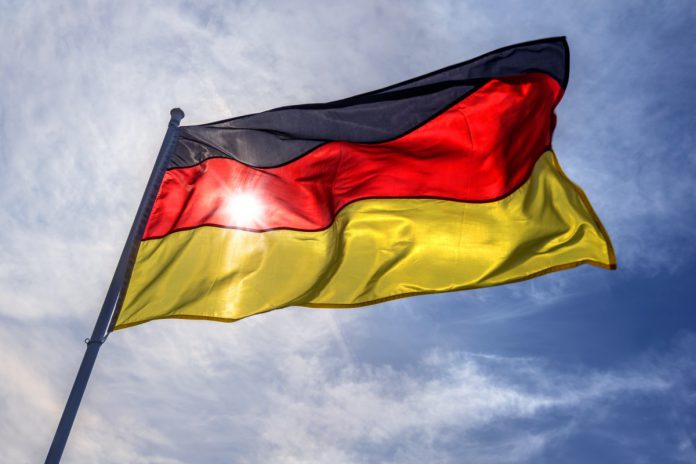The Bundesländer of Saxony-Anhalt has published its ‘whitelist’ of operators that have been approved licences in accordance with the laws of GlüNeuRStv – Germany’s fourth interstate treaty on gambling.
Saxony-Anhalt has been appointed to serve as the Bundesländer that will house German gambling’s new federal regulatory agency – Glücksspielbehörde.
The GlüNeuRStv regime was formally launched on 1 July, though Germany’s 16 Lander had previously agreed to observe a ‘transitional period’ from October 2020, allowing former Hesse licensed bookmakers to switch to new GlüNeuRStv licences.
On Wednesday, Saxony-Anhalt published a full breakdown of licensed businesses that are allowed to provide GlüNeuRStv online gambling services for – sports betting, online casino, virtual slots, poker, lotteries, horseracing and instant games.
A total of 35 foreign and domestic operators have been granted GlüNeuRStv sportsbook licences, including Hillside Media (bet365), Betway, 888 Deutschland and Entain Plc’s full portfolio of German brands – SportingBet, Ladbrokes DE, bwin and Gamebookers.
However, the Saxony-Anhalt registry revealed that no licences had been granted for online casino, virtual slots and poker. The Lander made no statement with regards to whether operators had applied for GlüNeuRStv licences for online gambling services.
The launch of the GlüNeuRStv regime was blighted by the Bundesrat agreeing to maintain a much-contested 5.3% gross wagering tax on online casino, slots and poker.
The 2021 Interim results of European operators cited the negative impact of the regime’s tax charge as Entain, Flutter and LeoVegas AB claimed multi-million-euro costs related to German market adjustments.
DSWV – Germany’s Online Gambling Trade Association – and The European Betting and Gaming Association (EGBA) have launched an EU-level appeal demanding that Lander reform the GlüNeuRStv tax framework.
The trade bodies argue that Lander had applied an anti-competitive tax rate on casino games and poker to maintain a competitive advantage for state-owned land-based casinos.
Furthermore, the casino tax charge was deemed as a further fair market infringement, as operators had agreed to apply a €1,000 monthly deposit limit on customer spend and a €1 stake limit on slots, prior to the tax rate being imposed.























